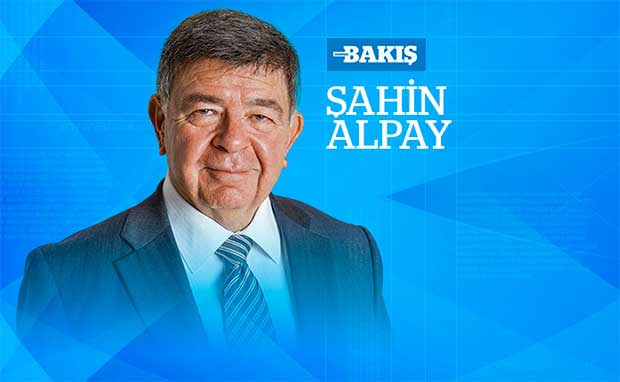“Freedoms suspended” was the headline of Friday’s Cumhuriyet daily. It is one of the very few newspapers left in Turkey which dares to continue with critical reporting and analysis.
Cumhuriyet explained that the emergency rule decrees give the government the ability to arbitrarily shut down media outlets suspected of “having links to structures and groups that pose a threat to national security.” Ministers are now empowered to close TV, radio, websites and, even, book publishers. Prosecutors are required to follow those orders. This means a total end of media freedom in Turkey.
Academics, who had launched a petition calling for an end to the violence in south-eastern Turkey and advocated a return to peace negotiations, have found themselves targets of the wider with hunt, Cumhuriyet reported. Under government decrees, prosecutors are now able to issue search warrants and even seize the properties of suspects being arrested or sought for detention — without the need to have a judge approve the order.
Emergency rule has delivered at least one absurdity. An IVF clinic in Istanbul run by an Armenian doctor was forced to close for being “part of FETO terror organisation”. The doctor fiercely denied the claims, to no avail. “I am a Christian, have absolutely nothing to with Gülen” he told the press. Under the circumstances he has no possibility of appeal.
But the reality of emergency rule was plain to see on Friday as journalists were paraded in front of the cameras, hauled into interrogations. Four prosecutors questioned 21 media professionals — whether investigative reporters like Arda Akın or veteran columnists likeNazlı Ilıcak — accused of being part of the “media leg of terrorist organisation”.
The cases of two detainees — Prof Şahin Alpay, a political scientist and commentator, and Hilmi Yavuz, one of the top figures of Turkish literature — raised concerns to new levels. Both intellectuals need medication, which they were denied, according to their relatives and lawyers.
Hilmi Yavuz. Almost as old as Turkey itself, a great literary mind, an extraordinary poet and columnist. Arrested. pic.twitter.com/hmF1jYM3vw
— Mahir Zeynalov (@MahirZeynalov) July 29, 2016
“A medical report was asked for from the doctors”, explained those close to the poet and literary critique, Hilmi Yavuz. “When we told them he already had prescriptions, we were prevented from handing the medication to him.”
Alpay’s relatives went on Friday morning to the public prosecutor’s office and presented his health reports, demanding a swift interrogation process. Their application was denied. Then, they went to the police headquarters, asking for information about his health. According to a news piece by P24 website, they were told that under no circumstances any explanation would be given. They were taken out of the building.
Turkish and international literature and academic circles must strongly protest these two most sensitive, absurd cases. Yavuz, with his six-decade career, is a “grand old man” of Turkish letters. Alpay has been one of the most consistent and powerful socially liberal voices in Turkey’s academic community. Everyone knows where both of these men stand for freedom and human rights. We owe it to them to raise our collective voices in their defense. But sadder still, neither the Turkish or international arms of PEN — at the time of writing — have spoken out against these arrests.
With the witch hunt has come severe fear among Turkey’s intellectuals suggesting that a disagreement in ideas is a pretext for indifference. Under these conditions, the dissenting and bold journalists, professors and, even, poets are doomed to receive blow after blow.
Silence, in these extraordinary times, is the enemy of democracy.
A version of this article originally appeared at Suddeutsche Zeittung. It is reposted here with the permission of the author.






